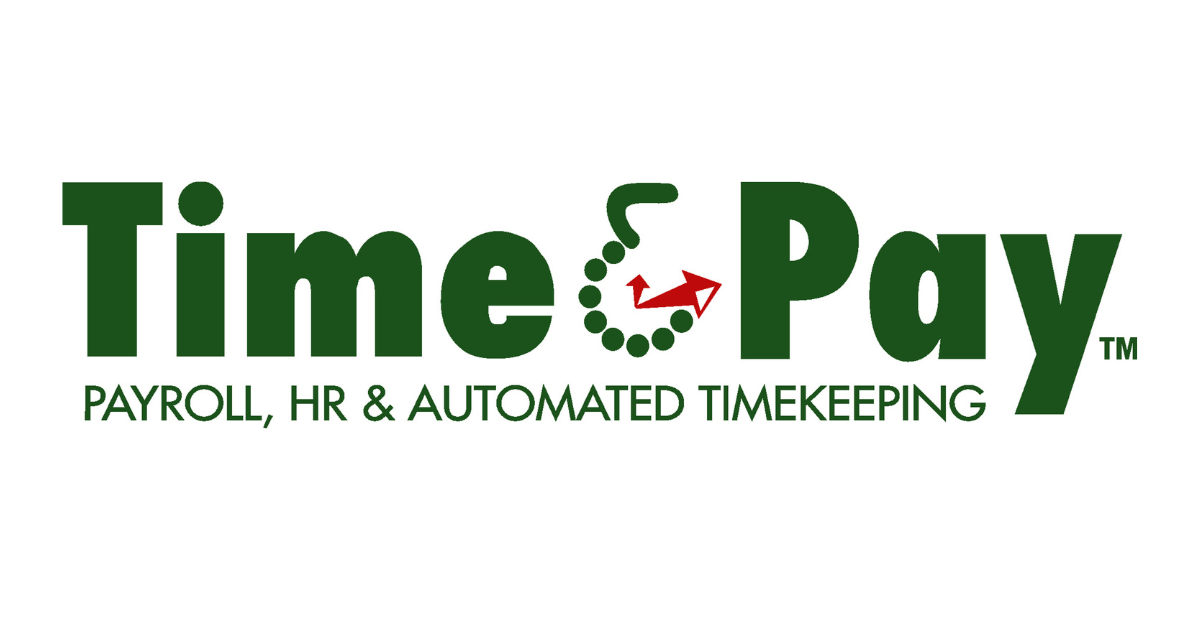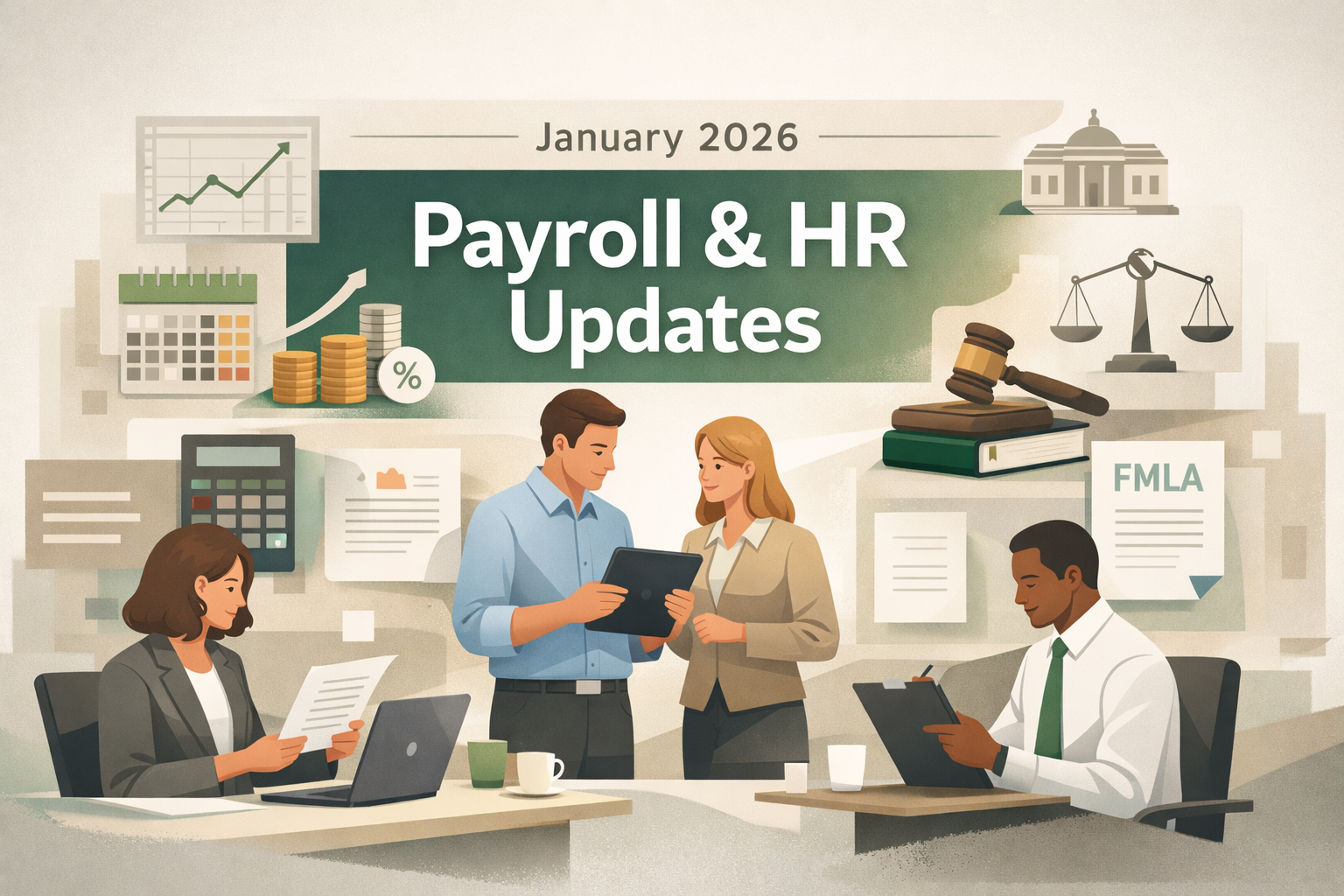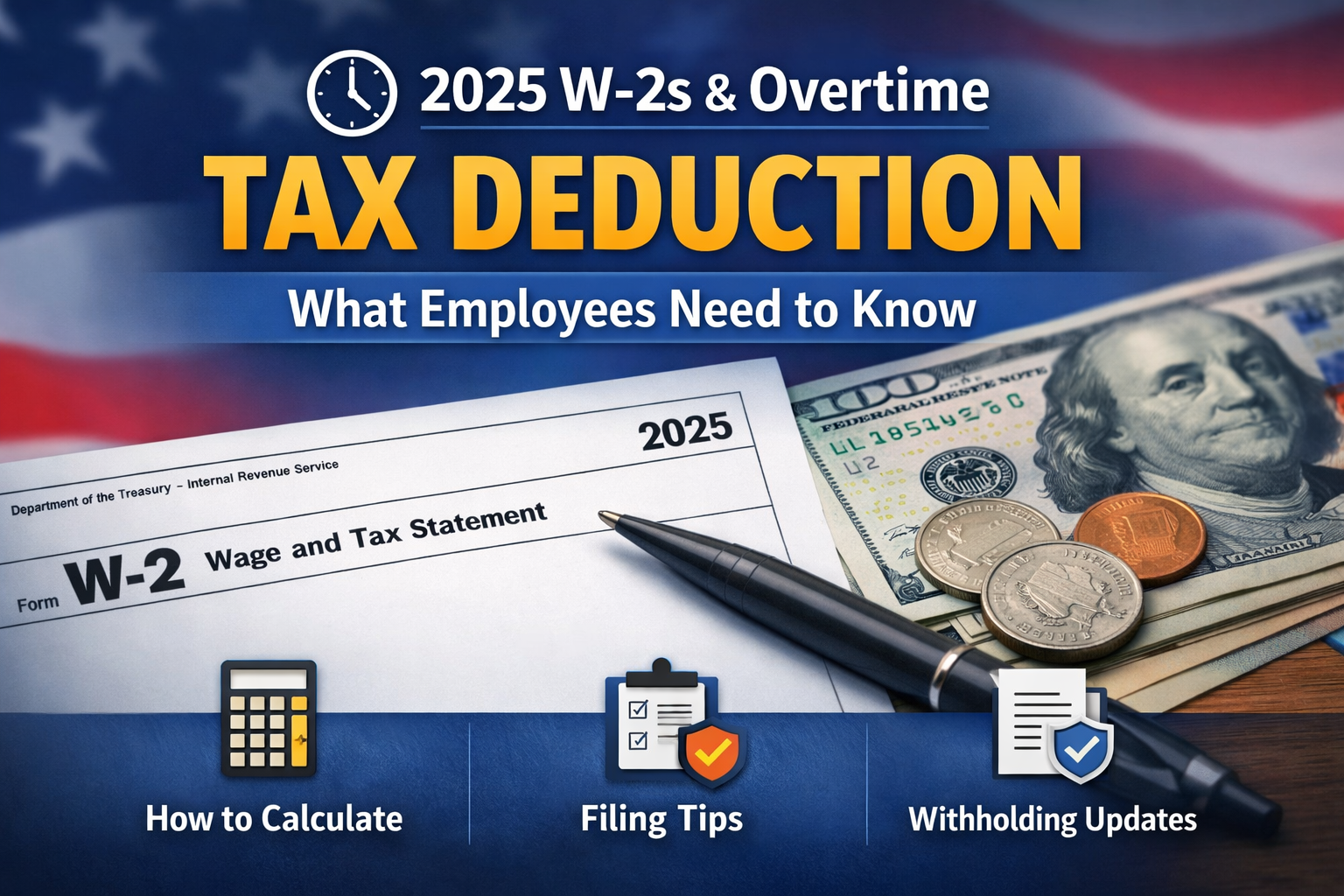Navigating Retirement Plans with Qualified Plan Administrators, Inc.
Creating the ideal retirement plan for small or medium-sized businesses can be challenging. That's where Qualified Plan Administrators, Inc. (QPA), based in Johnson City, Tennessee, comes in. With over 20 years of experience in consulting and third-party administration, QPA is your go-to partner. They not only ensure that your retirement plans meet legal regulations, but they also tailor these plans to meet your business's unique needs. Whether you're setting up a new plan or refining an existing one, QPA is committed to helping you and your employees maximize your retirement savings. Let's take a closer look at how QPA can make retirement planning stress-free.
Why QPA Stands Out
If you're searching for guidance and clarity in setting up or modifying a retirement plan, especially for small or medium-sized businesses, feel confident turning to Qualified Plan Administrators, Inc. (QPA). With more than two decades of expertise, QPA specializes in providing third-party administration and consulting services. They ensure your retirement plans not only comply with regulations but also suit your business's specific needs.
What Services Does QPA Offer?
QPA offers a broad range of services, from designing and consulting on retirement plans to handling daily administration tasks. They prioritize effective communication and education about your plans, aiming to provide objective and expert advice that allows businesses and employees to make the most of their retirement plans.
1. Design and Consulting Services
Creating a retirement plan is more than just crunching numbers. It's about understanding your company's goals and aligning the plan to meet those targets. QPA provides:
- Plan Document Creation and Maintenance: QPA works with you to design documents that clearly outline your plan, ensuring compliance with federal regulations.
- Legal Research and Compliance: With tax laws and labor regulations constantly changing, QPA helps ensure your plans are up to date with IRS and Department of Labor requirements. This includes handling mergers, acquisitions, or plan terminations with care.
- Summary Plan Descriptions and Administrative Forms: These essential documents help communicate the structure and benefits of your retirement plans to employees, ensuring everyone is well-informed.
2. Plan Administration Expertise
Managing a retirement plan involves more than just setting it up. It requires ongoing oversight, which can be daunting. That's where QPA steps in, providing:
- Benefit Calculations and Account Reconciliation: They accurately calculate benefits for participants leaving the plan and ensure accounts are balanced and up-to-date.
- Compliance and Non-Discrimination Testing: QPA conducts regular tests to ensure fairness and compliance with required standards.
- IRS and DOL Filings: They manage all necessary governmental filings, keeping your plan in line with legal requirements.
- Participant Loan Administration and Assistance: This involves preparing essential documentation and helping with tax paperwork like 1099R forms.
3. Education and Communication
The success of a retirement plan often depends on how well-informed participants are. QPA understands that education is crucial and offers:
- Employee Enrollment Meetings: These sessions are designed to boost participation and understanding, ensuring employees fully benefit from available plans.
- Continuous Participant Updates: QPA maintains communication with employees about updates or new features related to their plans.
Why Choose QPA?
One distinct advantage of QPA is their independence. As one QPA representative explains, "Since we do not sell any products, we can serve as an unbiased resource that coordinates the parties in the development of a company's retirement plan." Because QPA doesn't sell investment products or manage money, their advice remains objective, free from conflicts of interest that might arise with firms tied to specific products. This impartiality means you can trust the advice you receive for planning your future.
Moreover, QPA collaborates with a wide network of local banks, brokerage firms, mutual fund wholesalers, insurance companies, and accounting firms. This network enhances their ability to provide expert advice tailored to your specific needs.
How Can You Get in Touch?
If QPA sounds like the firm you need, they're easy to contact. You can reach them at debbie@qpafirm.com or call (423) 283-4026. Their office is located at 332 E. Springbrook Drive, Suite 400, Johnson City, TN 37601.
Final Thoughts
Qualified Plan Administrators, Inc. offers comprehensive services that help you establish effective retirement plans and ensure their smooth operation year after year. From keeping your plans compliant with legal standards to administering them efficiently and educating your employees on their benefits, QPA is equipped to handle all aspects with professionalism and care.
Choosing a dedicated third-party administrator like QPA means you're not just investing in a service, but in a lasting partnership focused on your business's and your employees' futures. Consider QPA not just as a service provider but as a crucial part of your team, ready to support the financial goals of your business and its valued employees.
Frequently Asked Questions
- What does a plan administrator do? A plan administrator manages and oversees a retirement plan, ensuring it complies with all applicable laws and regulations. This includes handling day-to-day operations like record-keeping, filing necessary reports, and communicating with plan participants.
- What is an example of a qualified plan? A qualified plan meets the guidelines set by the Internal Revenue Service (IRS) and offers tax benefits. An example is a 401(k), which allows employees to save for retirement using pre-tax income.
- Is my 401(k) a qualified plan? Yes, a 401(k) is considered a qualified plan because it meets specific IRS requirements, making it eligible for certain tax benefits, such as contributing with pre-tax dollars.
- Is a plan administrator the same as a TPA? While a plan administrator and a Third-Party Administrator (TPA) might perform similar functions, they are not the same. A plan administrator is responsible for the operation of the retirement plan, while a TPA is hired to assist with the plan's management and compliance tasks.




